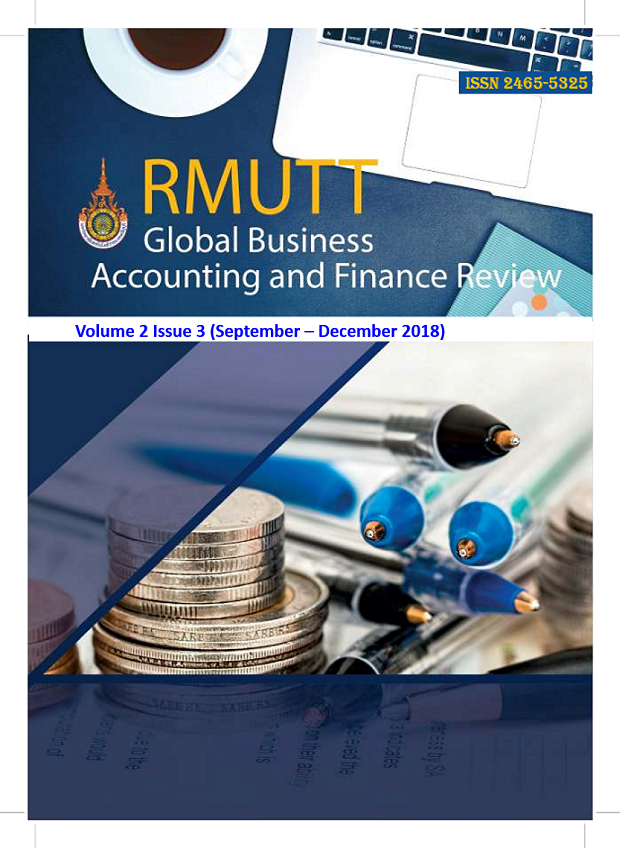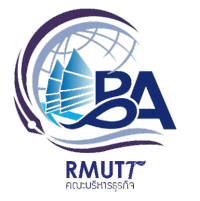IMPORTANT FACTORS INFLUENCING SOCIAL RESPONSIBILITY OF RESORT BUSINESS IN HUA-HIN DISTRICT, PRACHUAPKHIRIKHAN PROVINCE
Keywords:
Resort Business, Responsibility, Social EnvironmentAbstract
The project aims to study important factors which influence on social responsibility of resort business in Hua Hin district, Prachuapkhirikhan province. It is a quantitative research. The 120 samples were obtained by simple random sampling from resort business entrepreneurs listed in Thailand’s Tourism 2010, in Hua Hin district, Prachuapkhirikhan province. A questionnaire was used as the instrument. Statistics used for analysis of data were frequency, arithmetic mean, standard deviation, Pearson’s Chi-Square, and gamma statistics. Statistically significant difference was set at .05. The assumptions were factors influencing on social responsibility included self-impetus, organization impetus, social impetus, business impetus and state impetus.
The study found that most of the resort business entrepreneurs in Hua Hin district, Prachuapkhirikhan province were young and in the new generation, under 40 years old; having high education level, from bachelor degree to master degree; related to the businesses as administrators, inheritors or family member; and their work duration was not over 5 years. However, most of them were business entrepreneurs from other areas or other regions. Most of them were in small to medium business with 20-50 rooms. Most of the resorts were located on their own land bought from former land owners. Moreover, the locations were close to tourist attractions, such as sea, mountains and community.
The hypothesis test revealed that factors influencing on the social responsibility, in order of priority, were self-impetus, business impetus, state impetus, organization impetus and social impetus.
References
Boonbongkan, J. (2001). Business Ethics. Bangkok: Chulalongkom University Publishing
Contreras, M. E. (2004). Corporate Social Responsibility in the Promotion of Social Development, Experiences from Asia and Latin America Washington: Free Hand Press.
European Commission. Directorate-General for Employment. (2001). Promoting a European framework for corporate social responsibility: Green paper. Office for Official Publications of the European Communities.
Office of Research Promotion. Office of National Environment Committee. (1985). Policy and Measures for Environment Development. Bangkok.
Phillip, K. & Nancy, L. (2005). Corporate Social Responsibility: Doing the Most Good for your Company and your Caurse. USA: Wiley& Sons Ine.
Richard, B. (2000). Understanding Culture’s Influence on Behavior. 2nd ed. Honolulu:University of Hawii.
Weerawatananon, W. (1998). Environment and Development: Knowledge about Environment, Effects of Development, and Concept of Sustainable Development.









